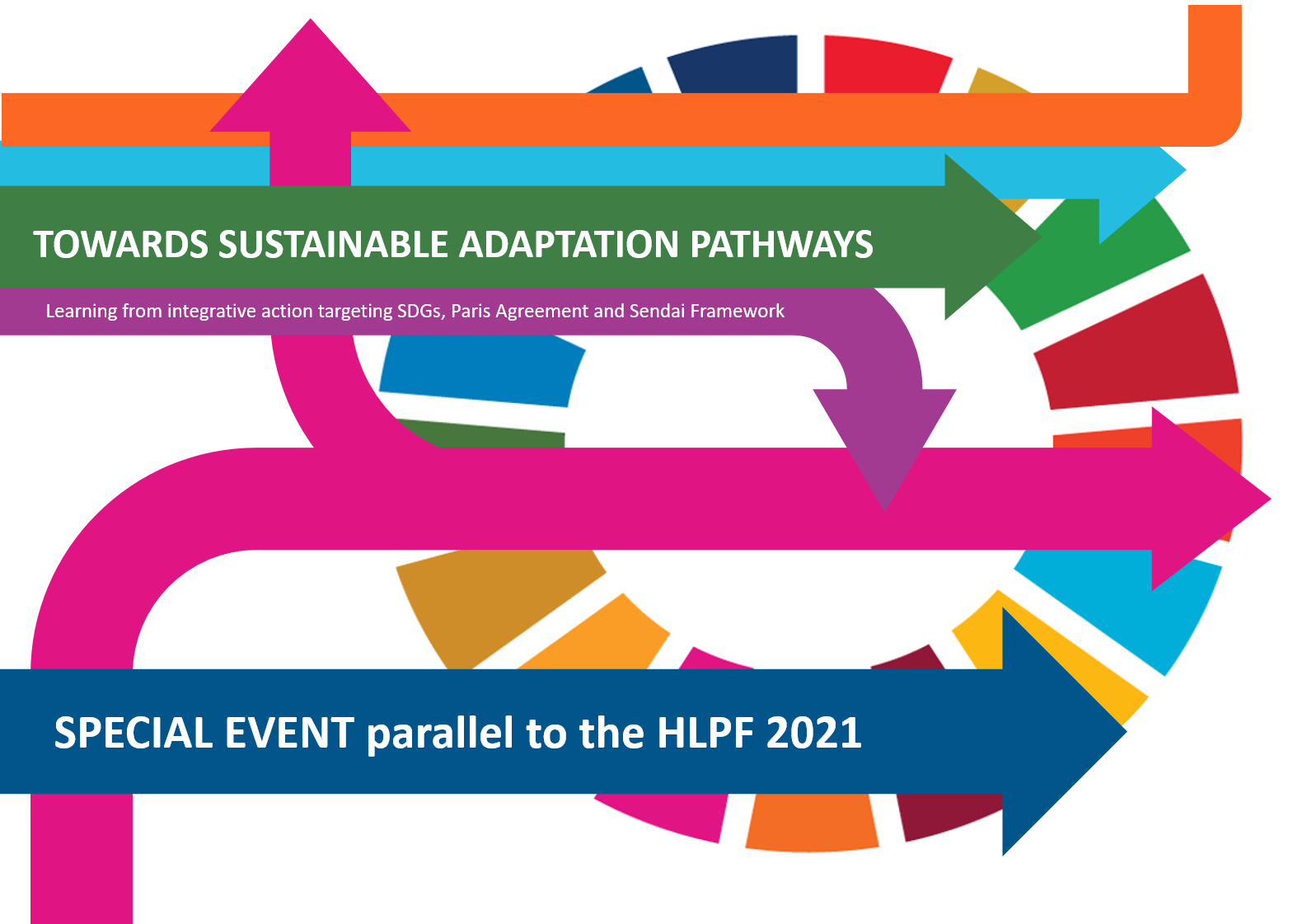Event:Discussion
Event:Digital Event
Event:Digital Event
Event:Digital Event
Event:Digital Event
Making the EU Fit for 55
Insights from and questions for the Ariadne project
-
online, Brussels,
Belgium
Event:Digital Event
Event:Digital Event
The Transformation to a Circular Economy Caught between Ambitions and Realities
The textile example
online
Event:Digital Event
Alternative Economies in The Capital
How New Standards for The Economy of Tomorrow Are Being Developed in Berlin
online
Event:Digital Event
Event:Digital Event
Event:Digital Event
Strengthening Circular Economy in the Construction Sector
circular construction to reduce construction waste in the German capital
online
Event:Digital Event
Towards Sustainable Adaptation Pathways
Learning from integrative action targeting SDGs, Paris Agreement and Sendai Framework
online
Event:Digital Event
How Can Advisory Bodies Effectively Support Climate Policy?
Report launch and online discussion
online
Event:Digital Event
Measuring Progress towards Climate Neutrality
How net zero indicators can improve planning and reporting in EU climate policy
online
Event:Discussion





